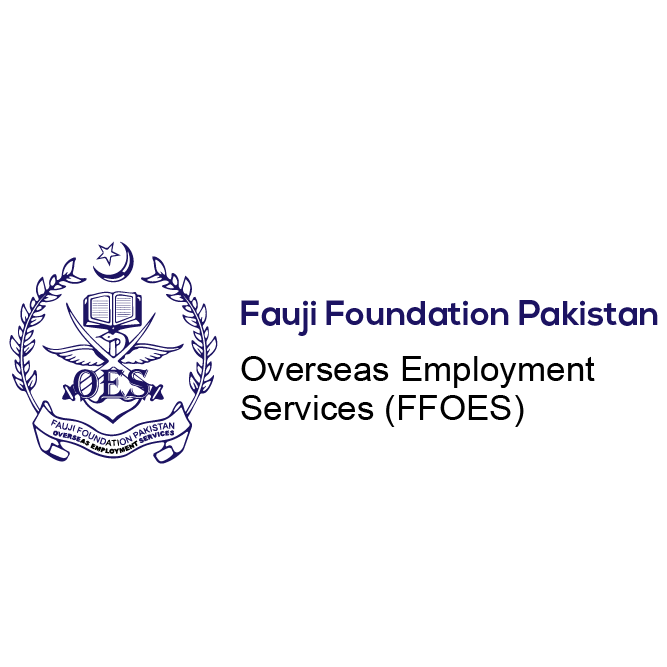Corporate Social Responsibility
Empowering Communities through Skill Development
Free Training Programs
SDC Karachi provides free training programs to underprivileged communities. These programs enable individuals to acquire essential skills and enhance their job prospects. The courses are carefully designed to meet the specific needs of the local population, focusing on skills that are in demand in the job market.
Support for Marginalized Groups through CSR
We prioritize training for marginalized groups, such as women, people with disabilities, and economically disadvantaged youth. By offering quality education and training, SDC Karachi supports these individuals in breaking the cycle of poverty and achieving economic independence.
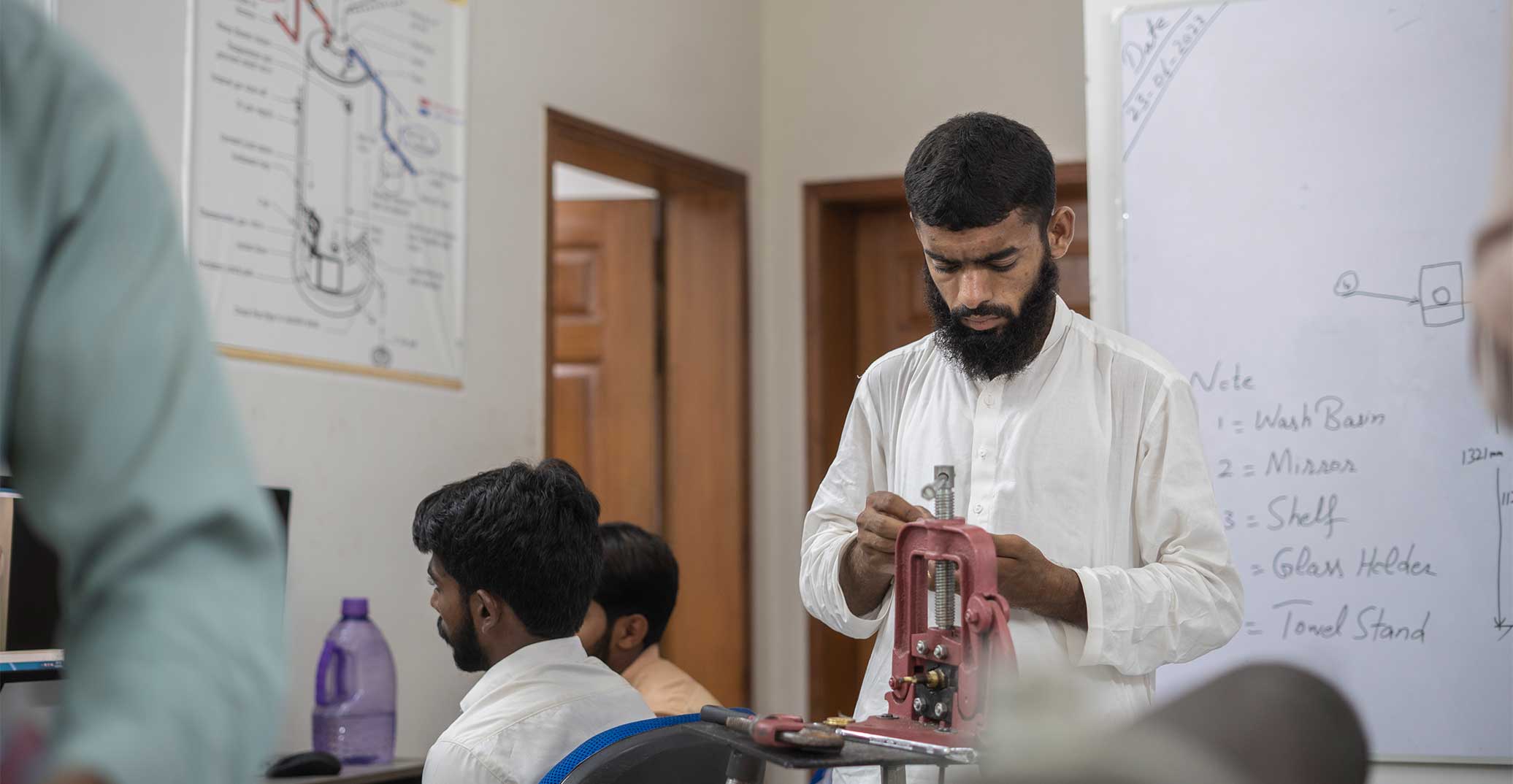
Empowering Communities through Skill Development
Free Training Programs
SDC Karachi provides free training programs to underprivileged communities. These programs enable individuals to acquire essential skills and enhance their job prospects. The courses are carefully designed to meet the specific needs of the local population, focusing on skills that are in demand in the job market.
Support for Marginalized Groups through CSR
We prioritize training for marginalized groups, such as women, people with disabilities, and economically disadvantaged youth. By offering quality education and training, SDC Karachi supports these individuals in breaking the cycle of poverty and achieving economic independence.

Sustainable Development Goals (SDGs) Alignment
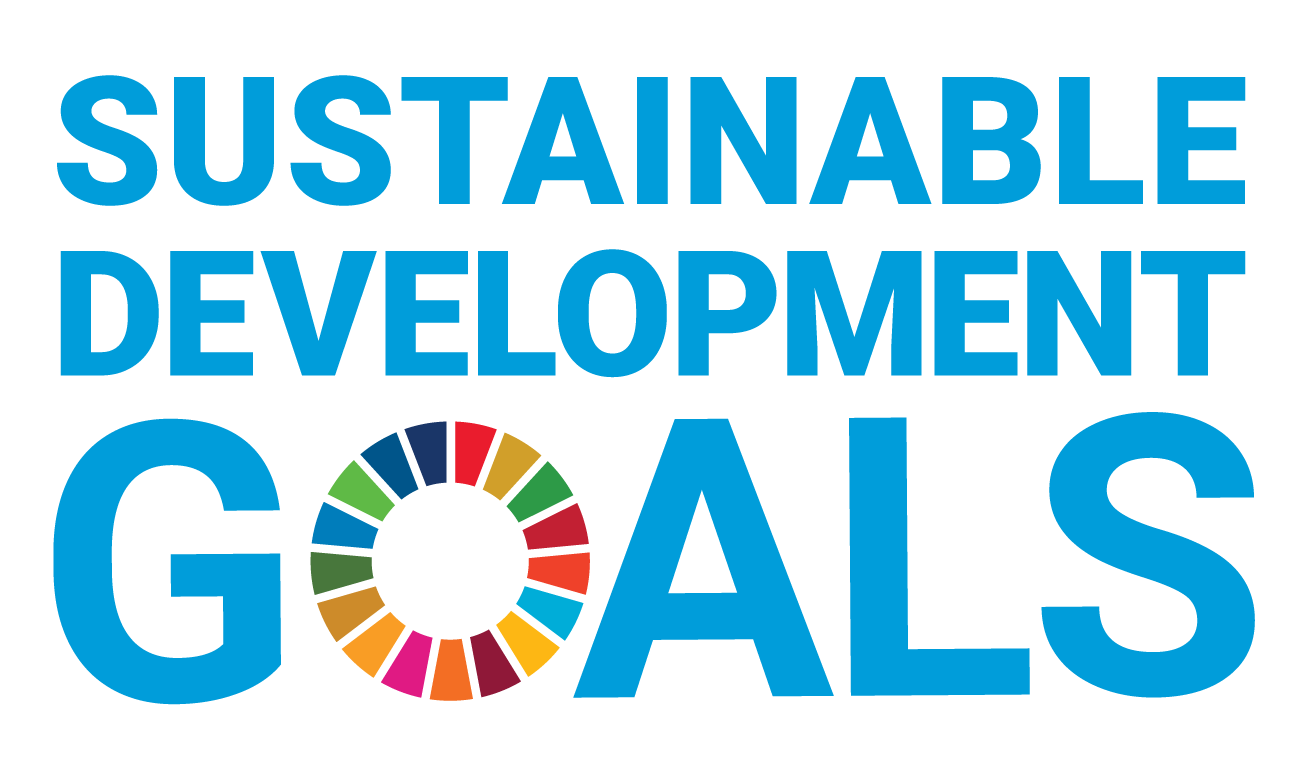
Contribution to SDGs
Our CSR initiatives align directly with the United Nations Sustainable Development Goals (SDGs). We emphasize quality education, gender equality, and decent work and economic growth. Through our training programs, we aim to contribute towards a more inclusive and sustainable society.
Environmental Responsibility in CSR
SDC Karachi is committed to reducing its environmental impact. We use sustainable practices in our operations, such as digital platforms for training to reduce paper usage. Additionally, we encourage environmentally responsible behavior among our trainees and staff.
Partnerships and Community Engagement
Collaborations with NGOs and Community Organizations
SDC Karachi works closely with non-governmental organizations (NGOs) and community groups to increase our reach and impact. These collaborations allow us to identify training needs in different communities and deliver effective programs.
We have strong partnerships with many NGOs, including Saylani Welfare Trust, FGRF (Faizan Global Relief Foundation), and JDC Foundation. These partnerships demonstrate SDC Karachi’s commitment to empowering communities through skill development.
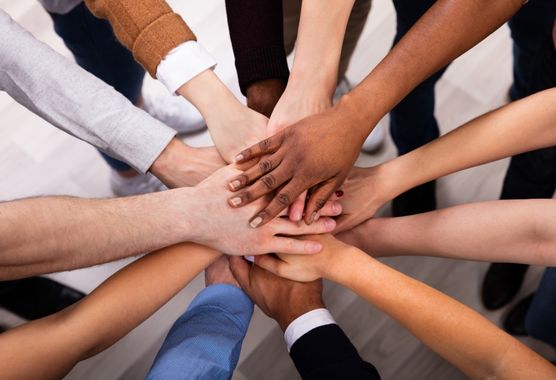
Partnerships and Community Engagement
Collaborations with NGOs and Community Organizations
SDC Karachi works closely with non-governmental organizations (NGOs) and community groups to increase our reach and impact. These collaborations allow us to identify training needs in different communities and deliver effective programs.
We have strong partnerships with many NGOs, including Saylani Welfare Trust, FGRF (Faizan Global Relief Foundation), and JDC Foundation. These partnerships demonstrate SDC Karachi’s commitment to empowering communities through skill development.

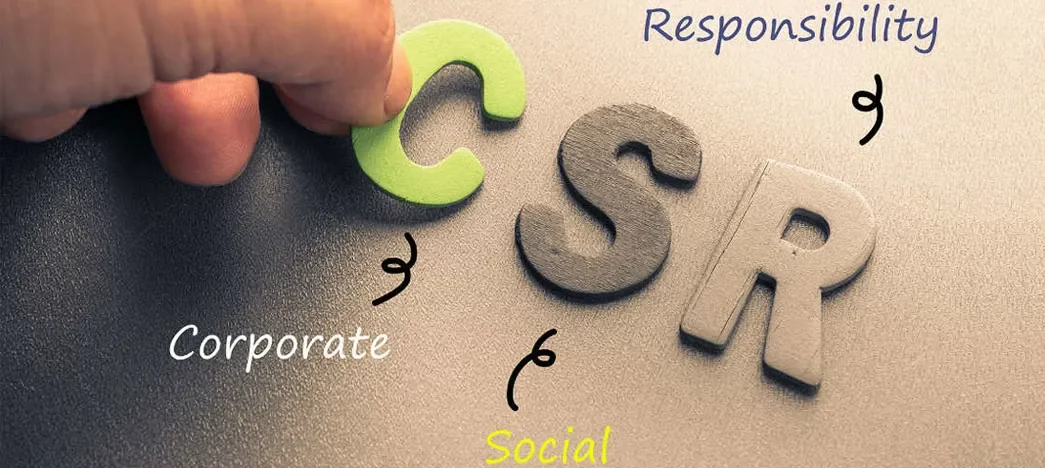
Corporate Sector
We also partner with the corporate sector to create opportunities for trainees through internships and job placements. SDC Karachi has trained around 800 people using the On-the-Job Training (OJT) model, supported by the Deutsche Gesellschaft für Internationale Zusammenarbeit (GIZ) GmbH. This initiative boasts a 70% success rate, largely due to the support from businesses offering placement and job opportunities.
SDC Karachi collaborates with esteemed organizations like the International Labour Organization (ILO) and the World Bank. These partnerships underline our dedication to skill development and workforce empowerment. Our initiatives not only benefit trainees but also provide businesses with a skilled workforce ready to contribute to their success.
Corporate Sector

We also partner with the corporate sector to create opportunities for trainees through internships and job placements. SDC Karachi has trained around 800 people using the On-the-Job Training (OJT) model, supported by the Deutsche Gesellschaft für Internationale Zusammenarbeit (GIZ) GmbH. This initiative boasts a 70% success rate, largely due to the support from businesses offering placement and job opportunities.
SDC Karachi collaborates with esteemed organizations like the International Labour Organization (ILO) and the World Bank. These partnerships underline our dedication to skill development and workforce empowerment. Our initiatives not only benefit trainees but also provide businesses with a skilled workforce ready to contribute to their success.
Impact Assessment and Reporting
Regular Impact Assessments
We consistently assess our CSR activities to measure their impact on the community. These assessments ensure that our initiatives are making a real difference in people’s lives.
Transparent Reporting
We believe in transparency. Regular reports on our initiatives and their outcomes are shared with stakeholders, including partners, donors, and the community. This approach helps maintain accountability and builds trust.

Impact Assessment and Reporting
Regular Impact Assessments
We consistently assess our CSR activities to measure their impact on the community. These assessments ensure that our initiatives are making a real difference in people’s lives.
Transparent Reporting
We believe in transparency. Regular reports on our initiatives and their outcomes are shared with stakeholders, including partners, donors, and the community. This approach helps maintain accountability and builds trust.


